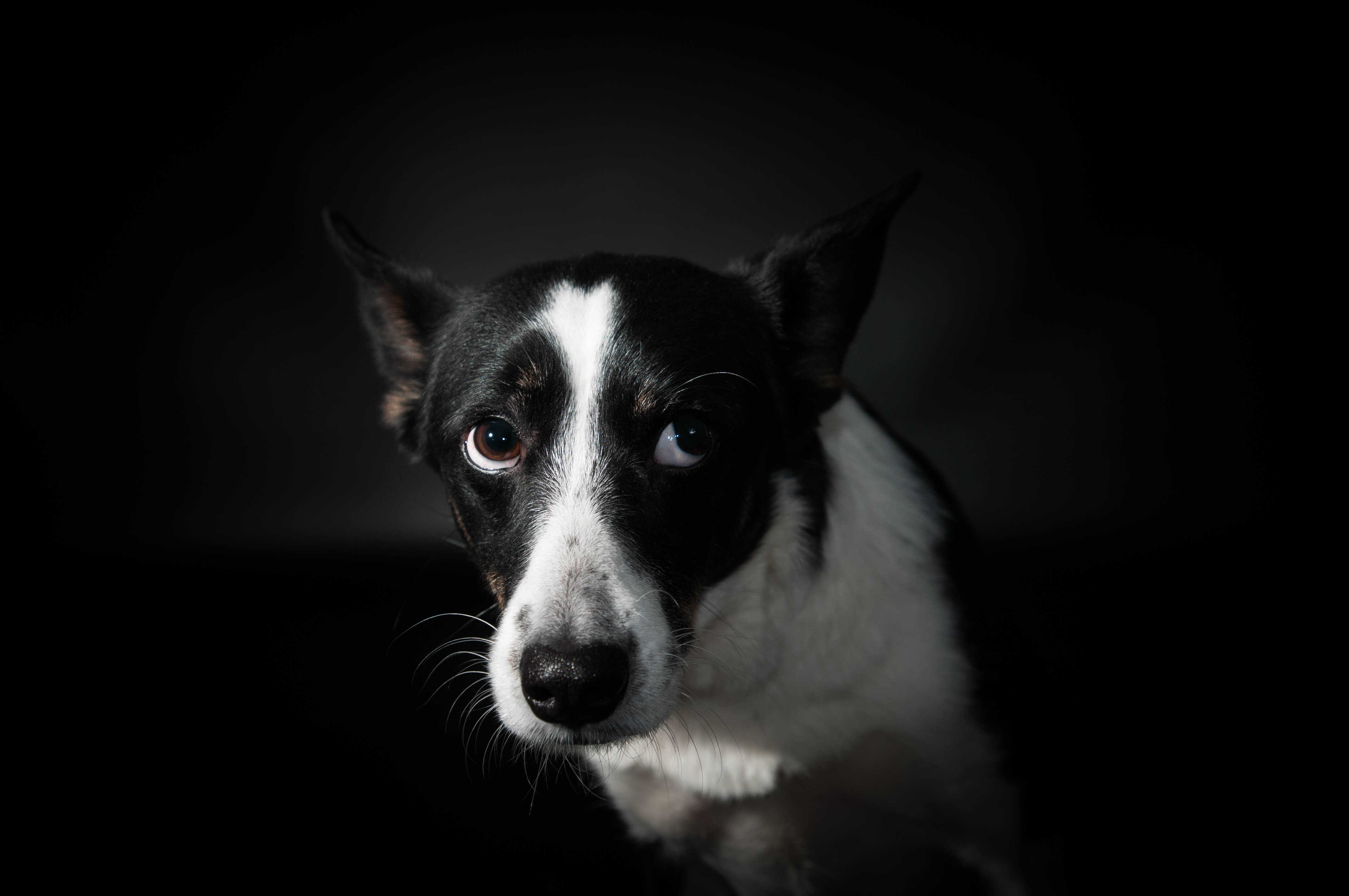- Messages
- 31
- Reaction score
- 7
- Points
- 8
I have been informed that when your puppy shows fear during say the socialisation process, getting familiar and used to new sights and sounds, people, other dogs, etc, that if you comfort him, that is the wrong thing to do and will show him/reinforce he has something to fear. Instead it is suggested that you basically ignore the fear he displays and don't comfort him at all.
Does that sound right to you? I am curious as I admit to always comforting.
Does that sound right to you? I am curious as I admit to always comforting.






